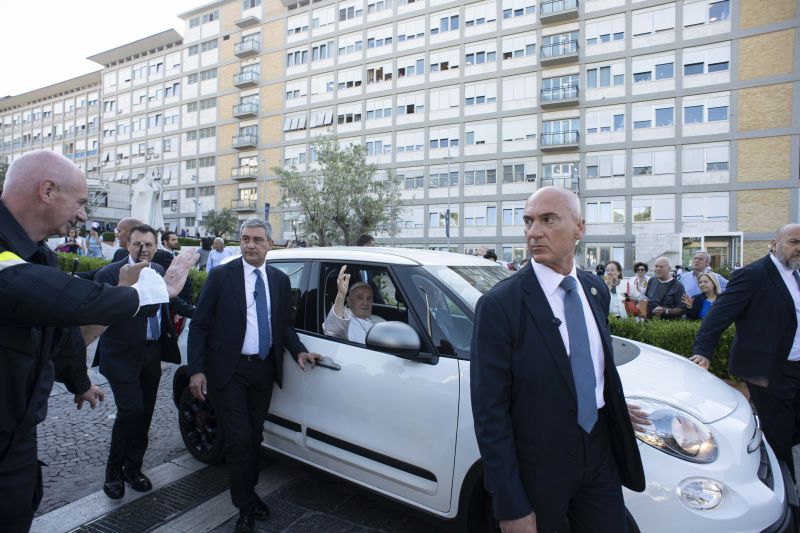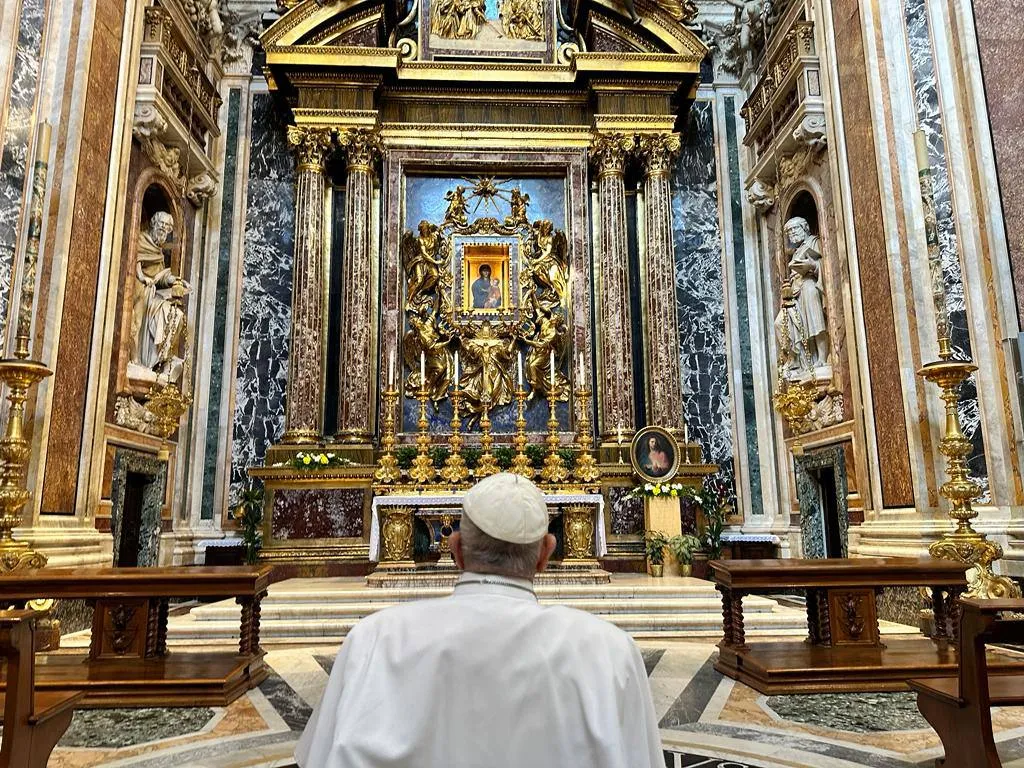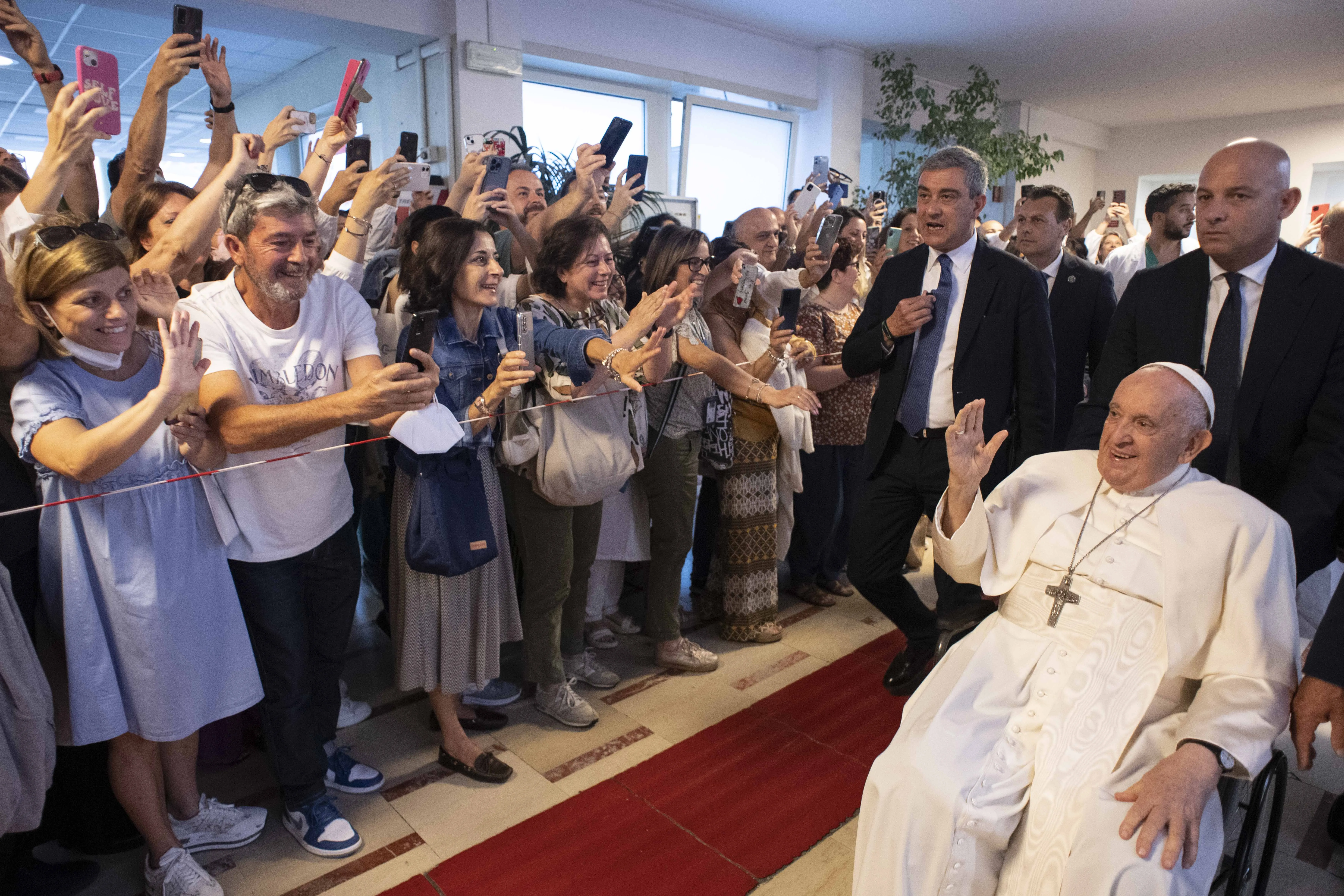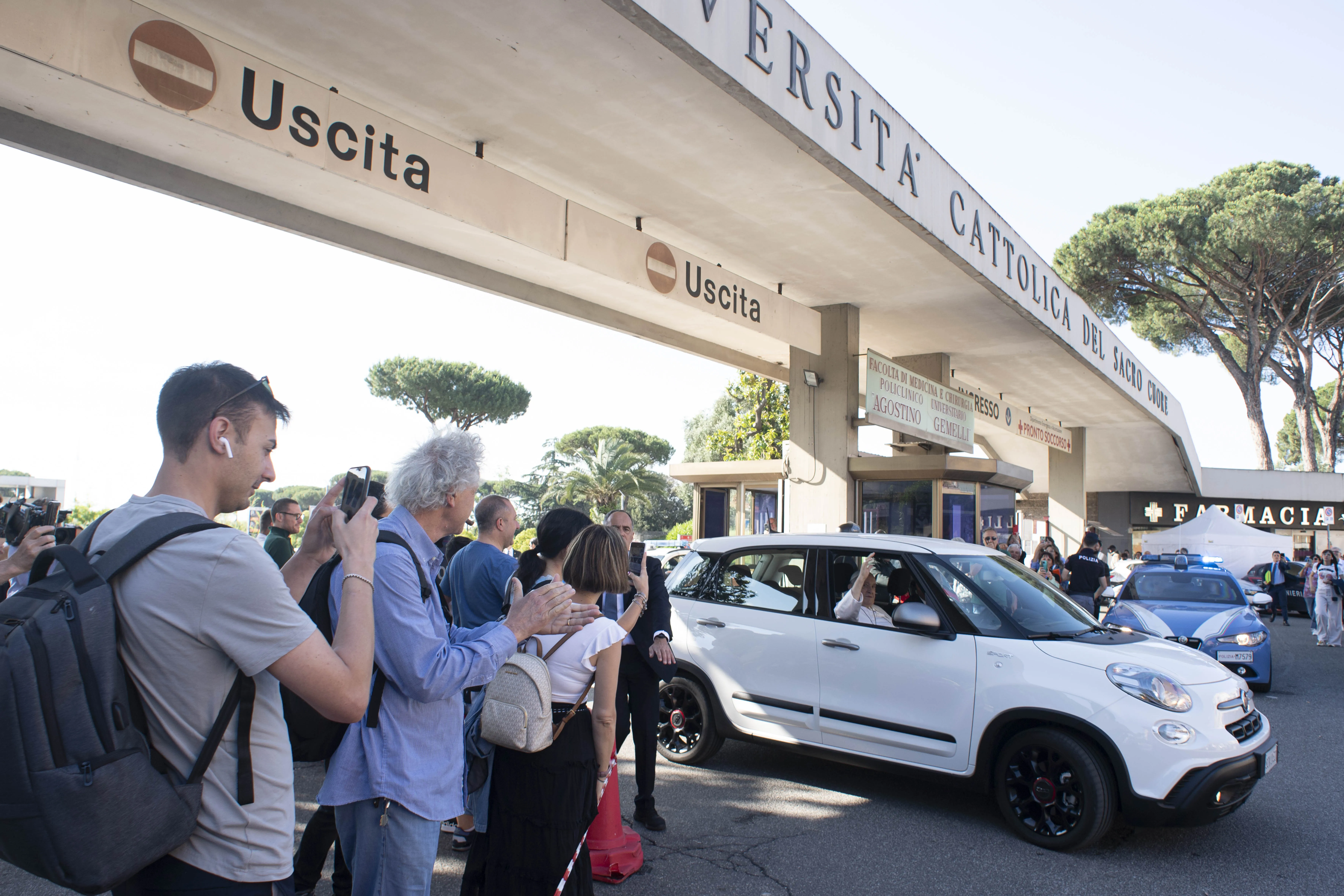
Vatican City, Jan 7, 2021 / 01:00 pm (CNA).- Fifteen new Swiss Guard recruits have arrived in Rome to complete their basic training.
The recruits for the world’s oldest standing army — having already completed required military training in Switzerland — will now spend the next two months at the Vatican preparing for their duty to protect the pope and the Apostolic Palace.
“It is a pleasure for us to be able to welcome 15 new recruits from Switzerland,” Swiss Guard spokesman Sgt. Urs Breitenmoser said in a statement published Jan. 6.
“With nine German-speaking, four French-speaking and two Italian-speaking recruits, we reach an effective total of 134 men,” he said.
The Vatican approved an expansion of the size of the Pontifical Swiss Guards three years ago from 110 to 135 men. Despite the new recruits, it still remains the smallest army in the world.
Candidates for the Pontifical Swiss Guard are required to meet strict requirements. Each recruit must be a Catholic unmarried male at least 5 feet, 8 inches tall and between the ages of 19 and 30. Swiss citizenship is required, as is a letter of good standing from the candidate’s parish priest.
The Vatican military was established by Pope Julius II in 1506 and is charged with serving and protecting the pope, which new recruits vow to do, even “sacrificing if necessary also my life.”
Swiss Guards — known for their colorful striped Renaissance-era uniforms — are responsible for Vatican security together with the Vatican gendarmes.
The guards’ barracks are located on the eastern edge of Vatican City State beside the Apostolic Palace. Fundraising is currently underway for the barracks’ renovation.
The culmination of the new recruits’ training will be a swearing-in ceremony on May 6 — a date which marks the anniversary of the Sack of Rome, the 1527 battle in which 147 Swiss Guards lost their lives defending Pope Clement VII from mutinous troops of the Holy Roman Empire.
This ceremony was postponed until October last year due to the coronavirus pandemic in which at least 13 members of the Swiss Guard tested positive for COVID-19.
Each new recruit was tested for COVID-19 upon arrival in Italy and will be eligible to receive the vaccine being distributed in Vatican City beginning this month.
If you value the news and views Catholic World Report provides, please consider donating to support our efforts. Your contribution will help us continue to make CWR available to all readers worldwide for free, without a subscription. Thank you for your generosity!
Click here for more information on donating to CWR. Click here to sign up for our newsletter.








Leave a Reply